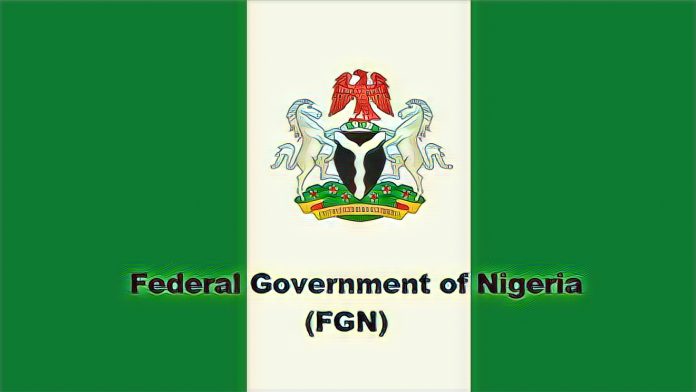Ahead of the 2024 budget, President Bola Tinubu’s administration proactively aims to shift from the historical trend of extensive fiscal deficits. To achieve this goal, the Ministry of Finance and the Budget Office have rolled out austerity measures to slash recurrent expenditures and eliminate governmental inefficiencies.
Recently, the Federal Government decided to grant all federal civil servants a monthly wage increase of N35,000. This decision will require an additional N5.07 billion monthly, further straining the nation’s finances.
Several ministries have received directives to reduce non-essential costs. Many departments, once seen as financial burdens, now face the challenge to prove their commercial relevance.
Limited revenue growth, substantial public debt, and escalating personnel expenses characterise Nigeria’s current fiscal situation. Finance Minister Wale Edun must now devise a plan to address the vast difference between revenue and expenditure.
According to the Guardian, under Muhammadu Buhari’s leadership, the fiscal deficit escalated from N880 billion in 2015 to a staggering N9.3 trillion the previous year, surpassing estimates regularly.
Throughout Buhari’s tenure, the government heavily relied on borrowing to fill budget gaps. They turned to Central Bank of Nigeria (CBN) overdrafts when they couldn’t secure conventional loans.
The CBN overdraft value skyrocketed from 2015 to December 2022. This rapid growth exceeded the sanctioned limit, prompting the new CBN Governor, Dr. Olayemi Cardoso, to advocate for adherence to the set limit and the reduction of unchecked deficit financing.
Economist Dr. Ayo Teriba points out the debt market’s current inability to handle more debt. The fear of potential debt defaults has also made international markets cautious, making foreign credit even more elusive.
Tax revenue remains a pressing issue. Nigeria’s tax-to-GDP ratio hovers around 10%, trailing the African average. Zaccheus Adedeji, the newly appointed head of the Federal Inland Revenue Service (FIRS), plans to push this ratio to 18% in the coming years.
Recognising the role of taxation in growth, the administration formed a fiscal policy committee led by Taiwo Oyedele. This committee anticipates their upcoming report will highlight the role of tax incentives in driving economic expansion.
Given the concerning reports from Nigeria’s manufacturing sector, economic strategists, led by Edun, are rolling out strategies to prevent further economic downturns. They propose spending cuts, sensible borrowing, and streamlined public payrolls.
Concurrently, many ministries have frozen new hiring. Edun continually emphasizes the need for a stable macroeconomic environment instead of more borrowing.
Yet, decisions like reintroducing fuel subsidies and enlarging the cabinet size cast doubts on the administration’s commitment to fiscal responsibility.



